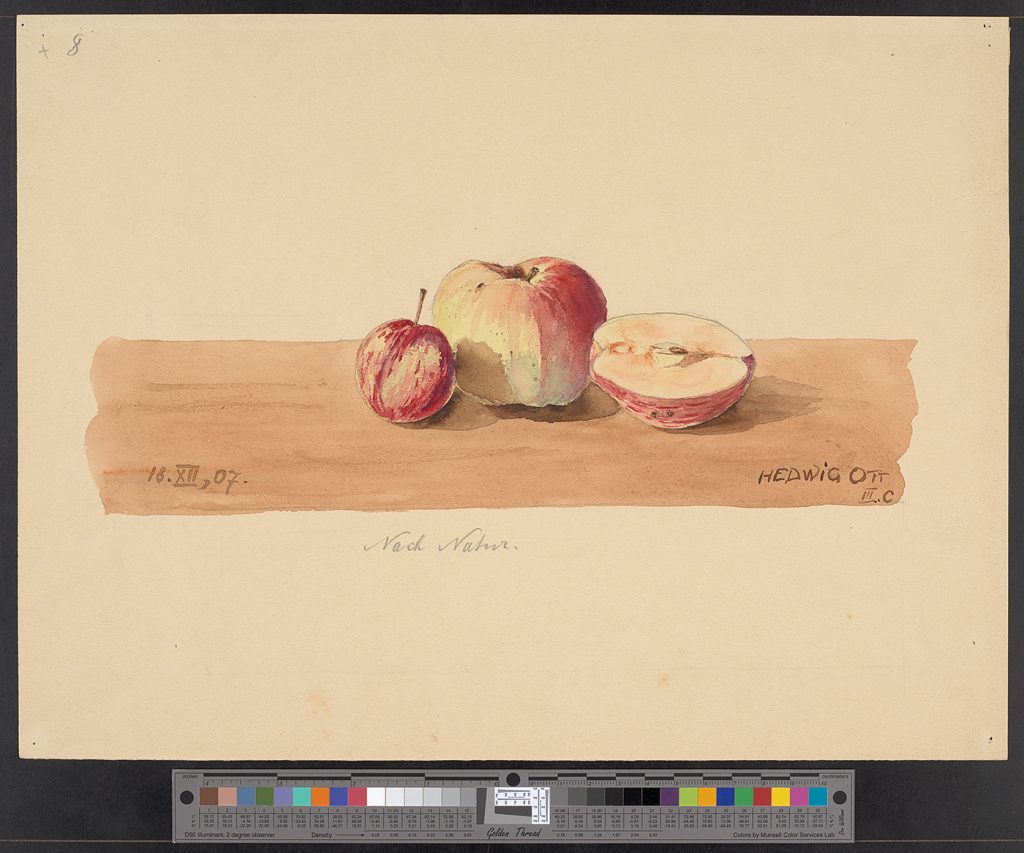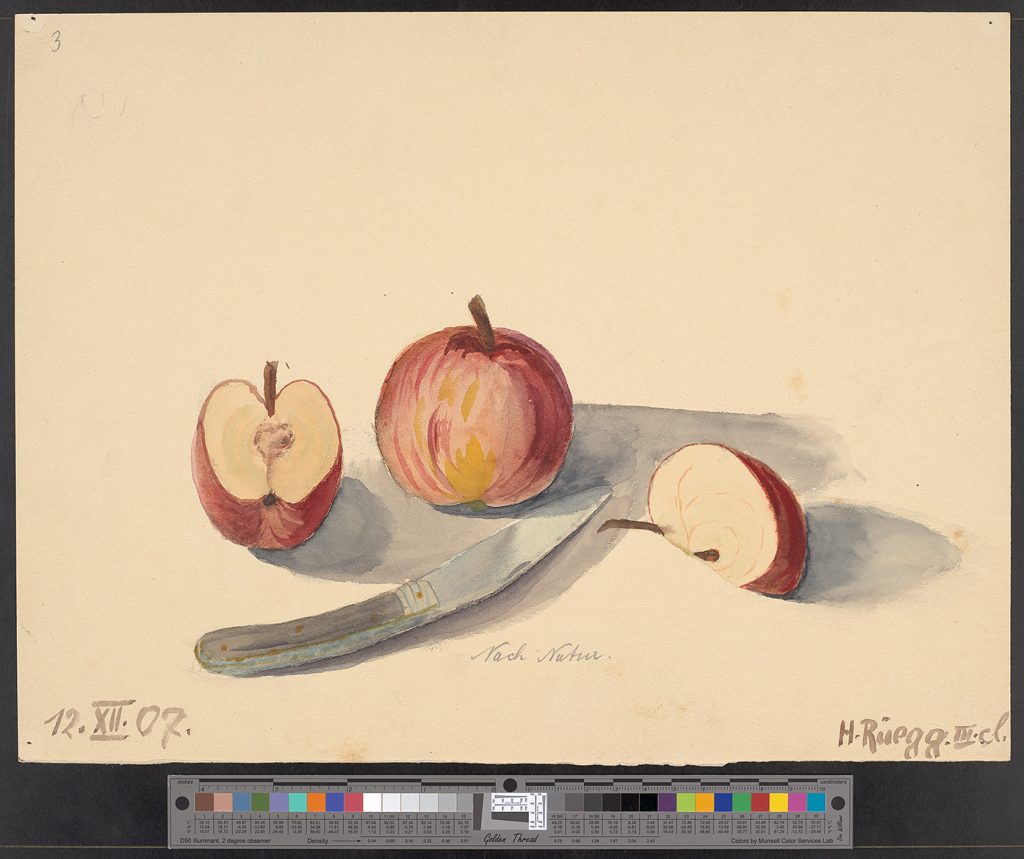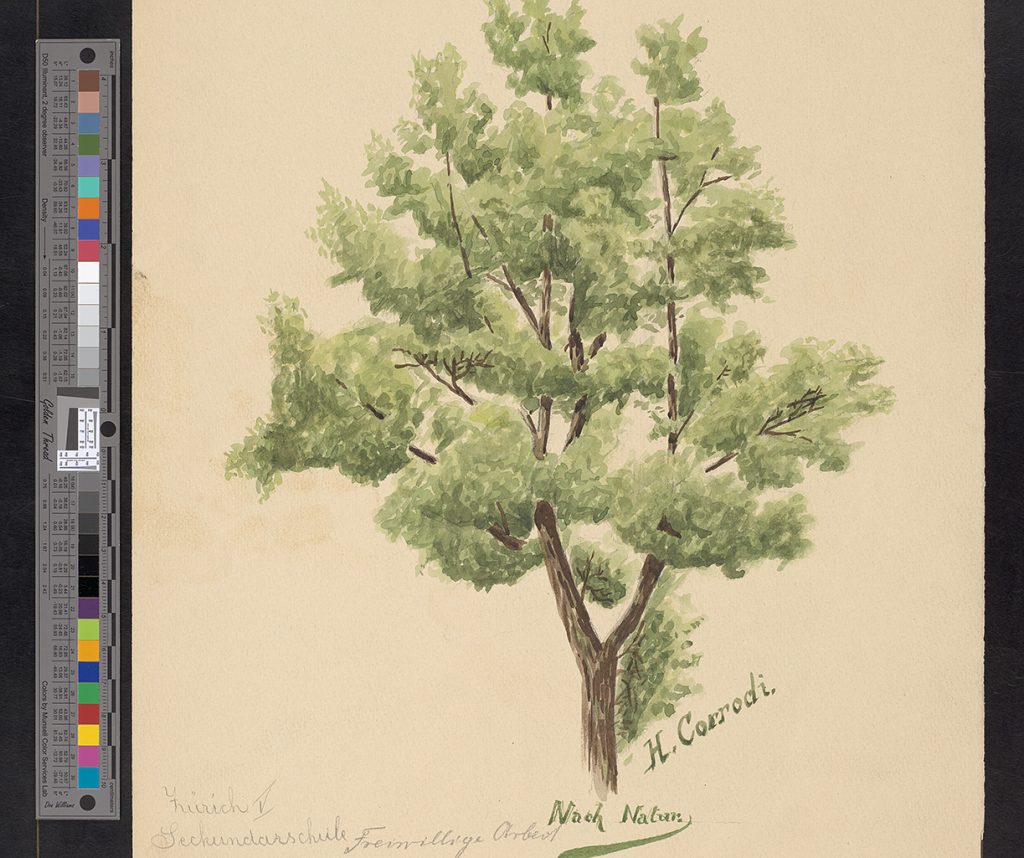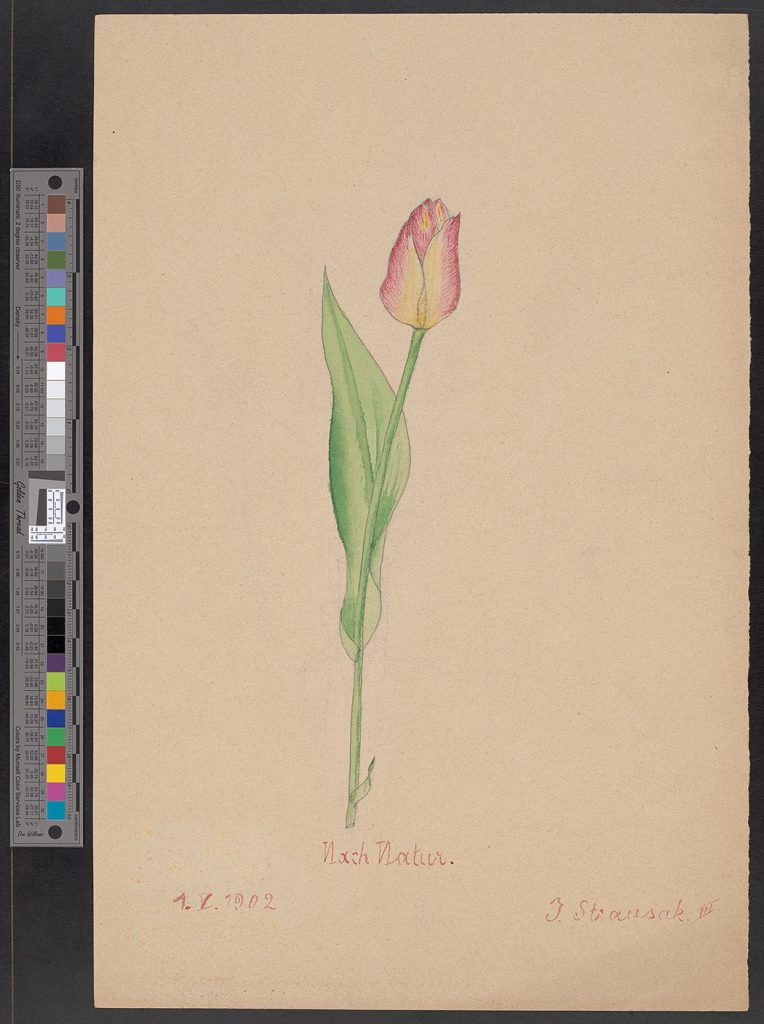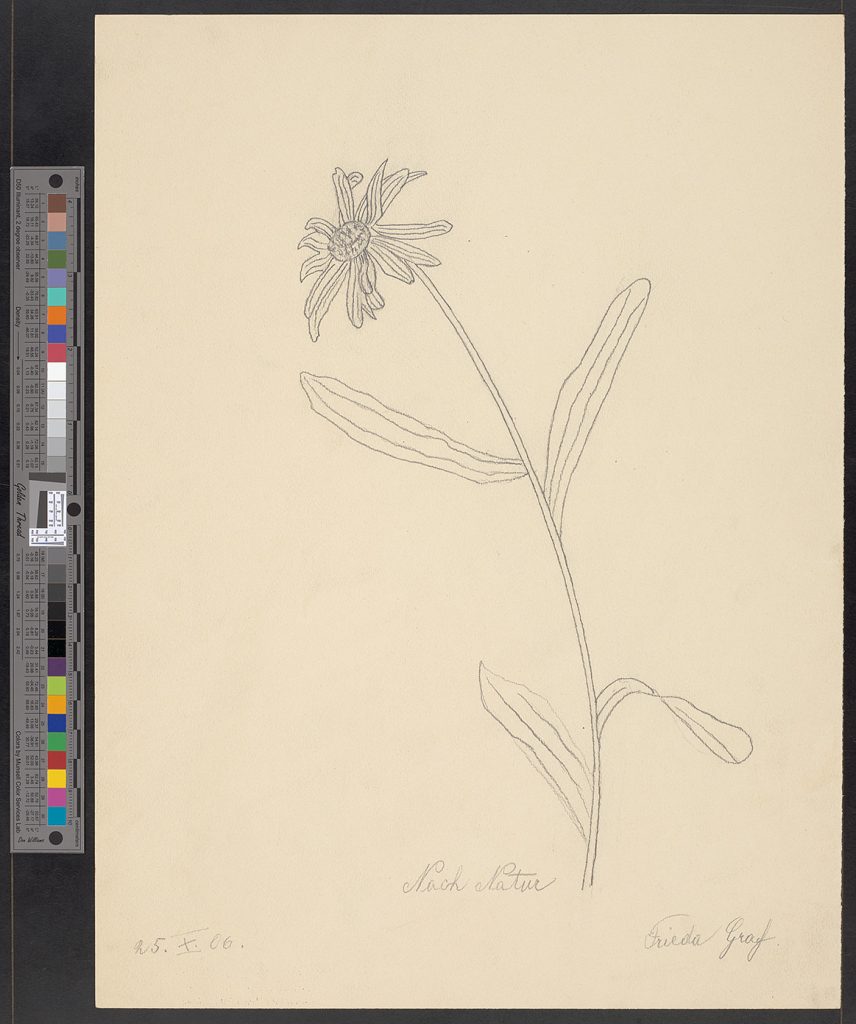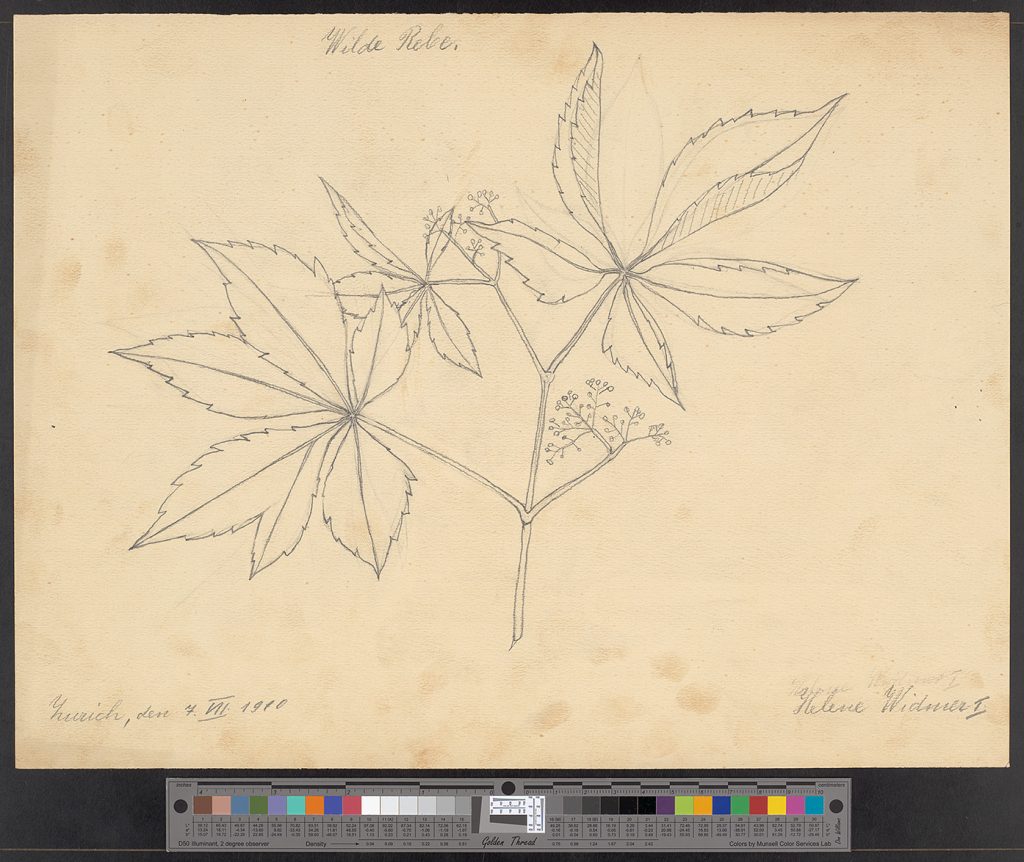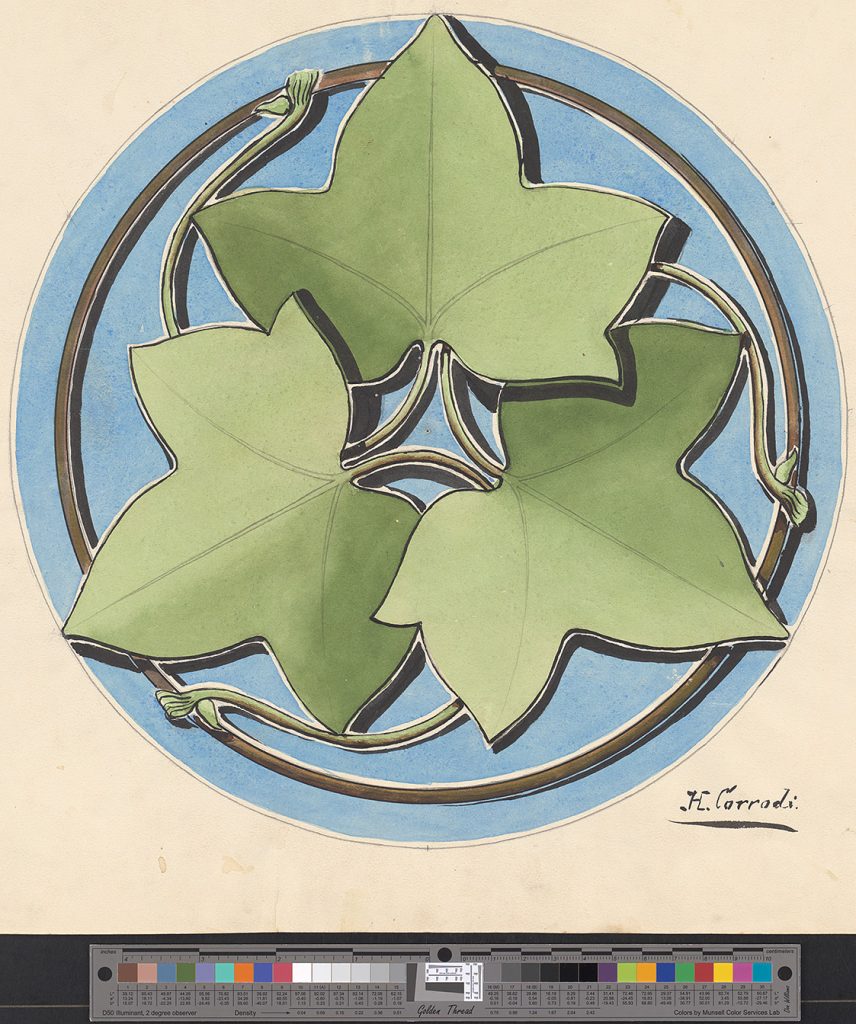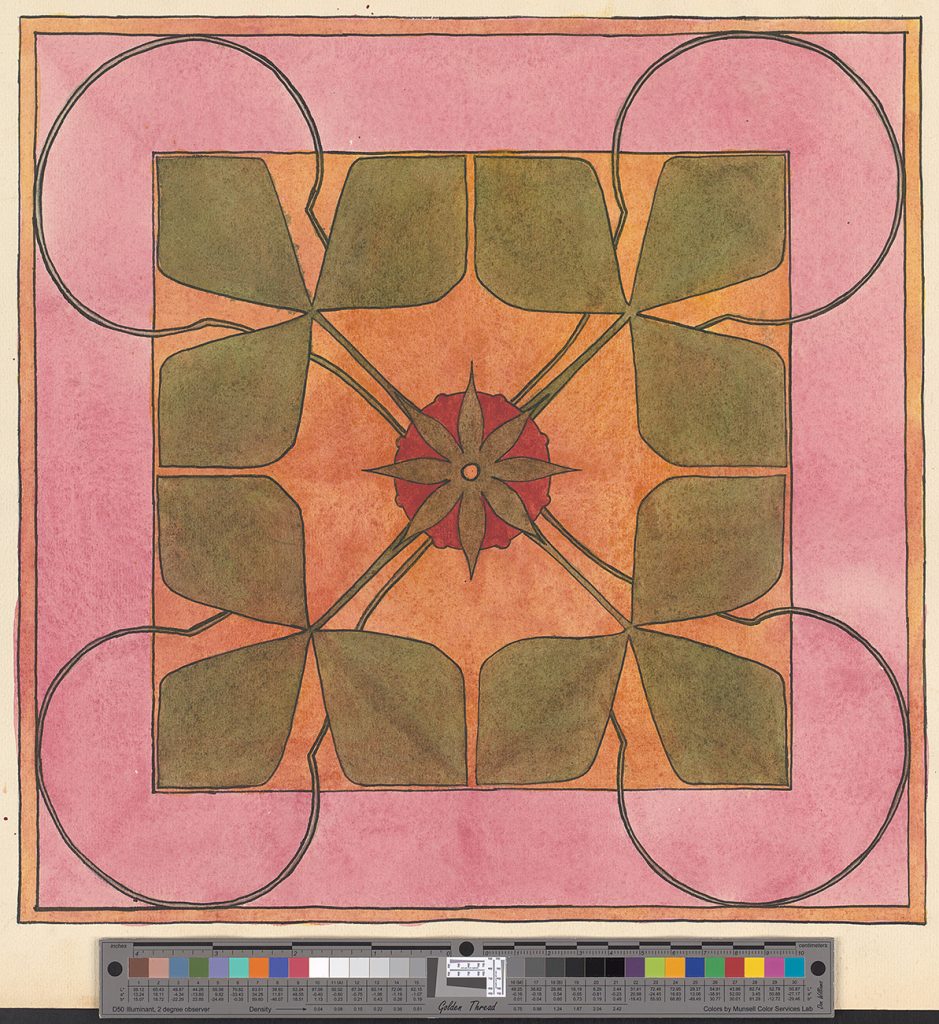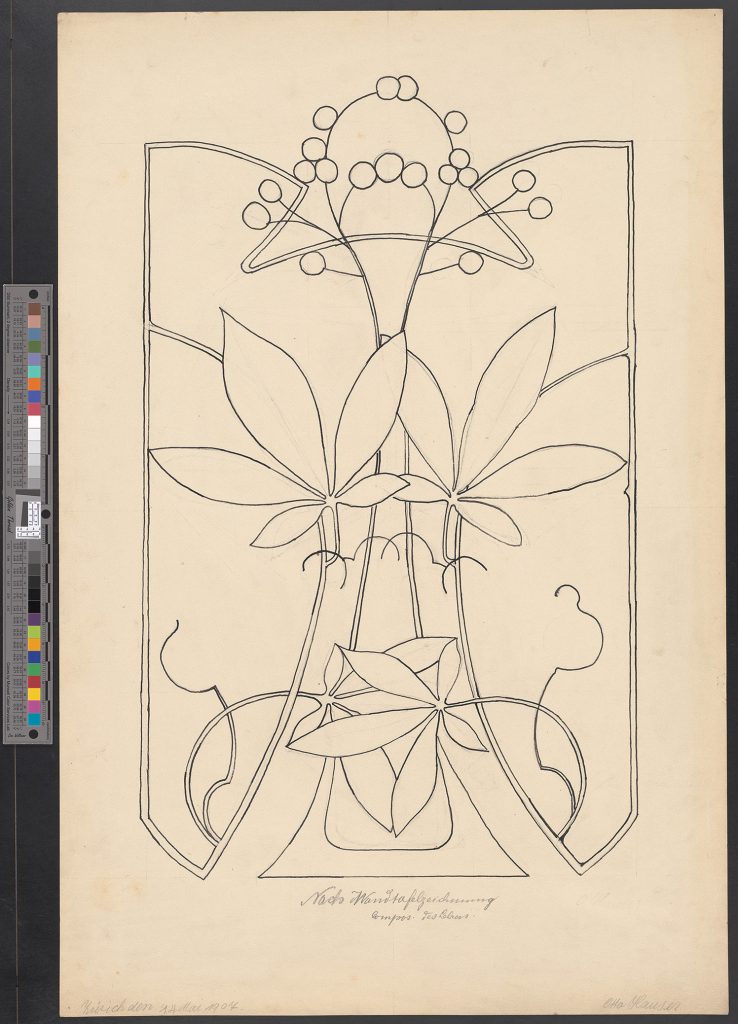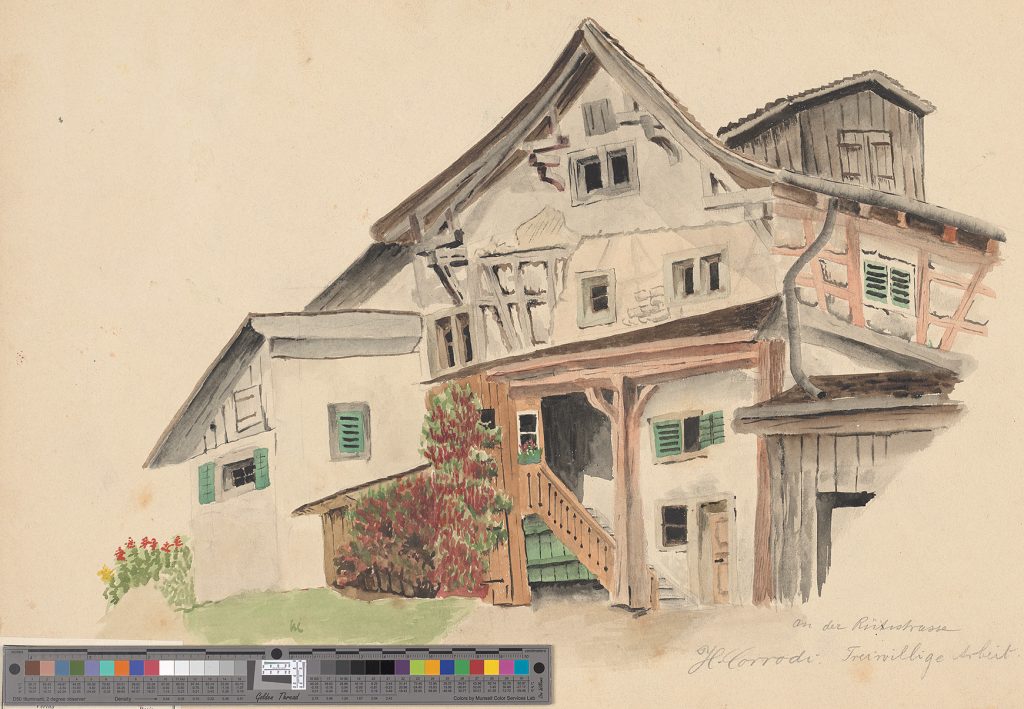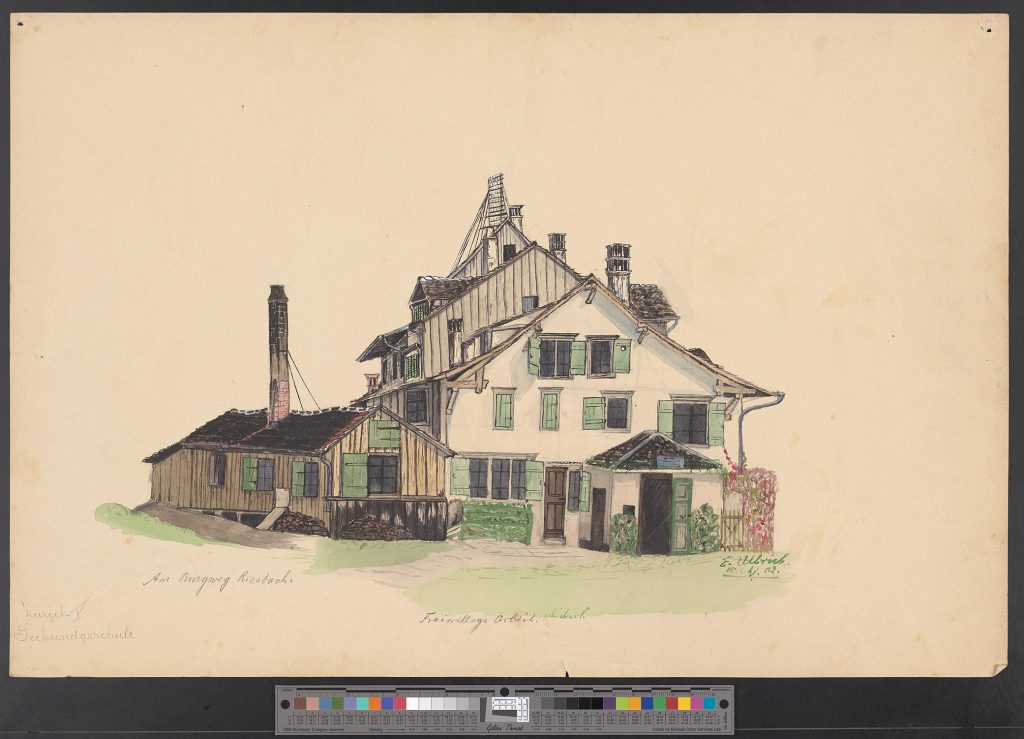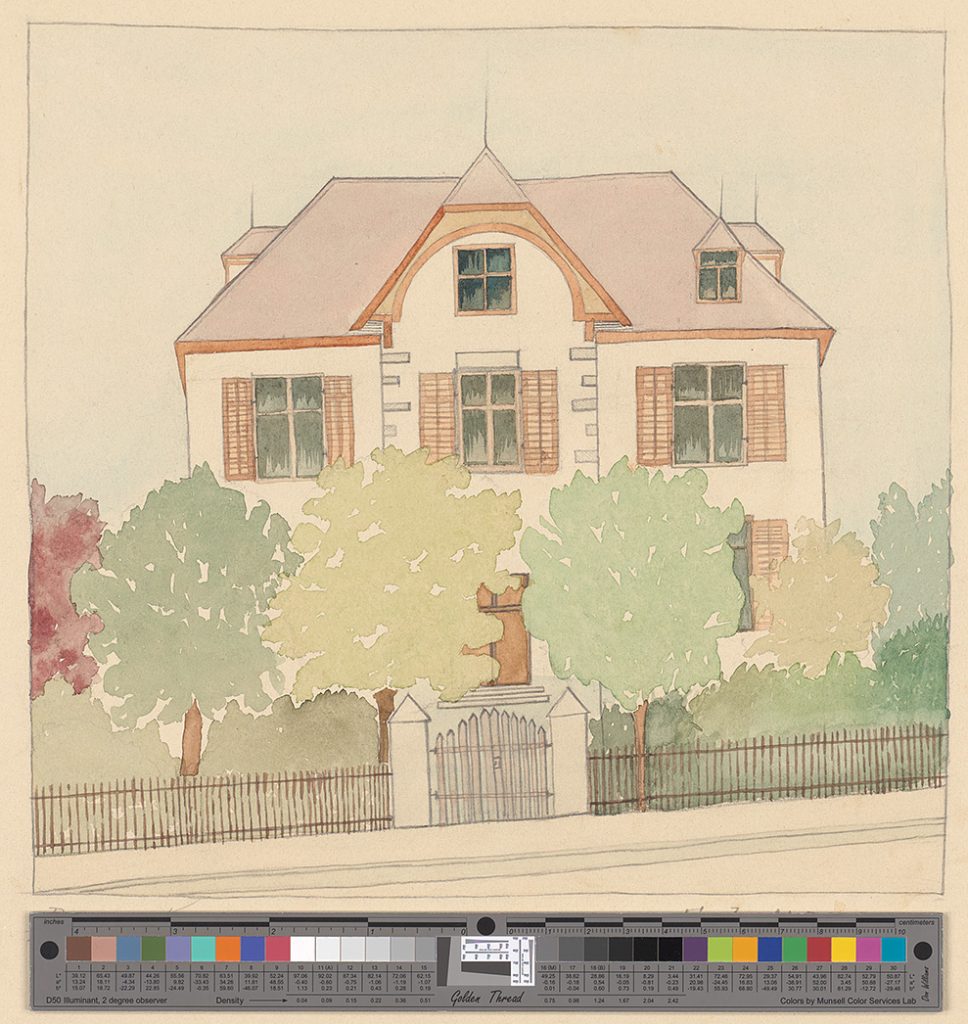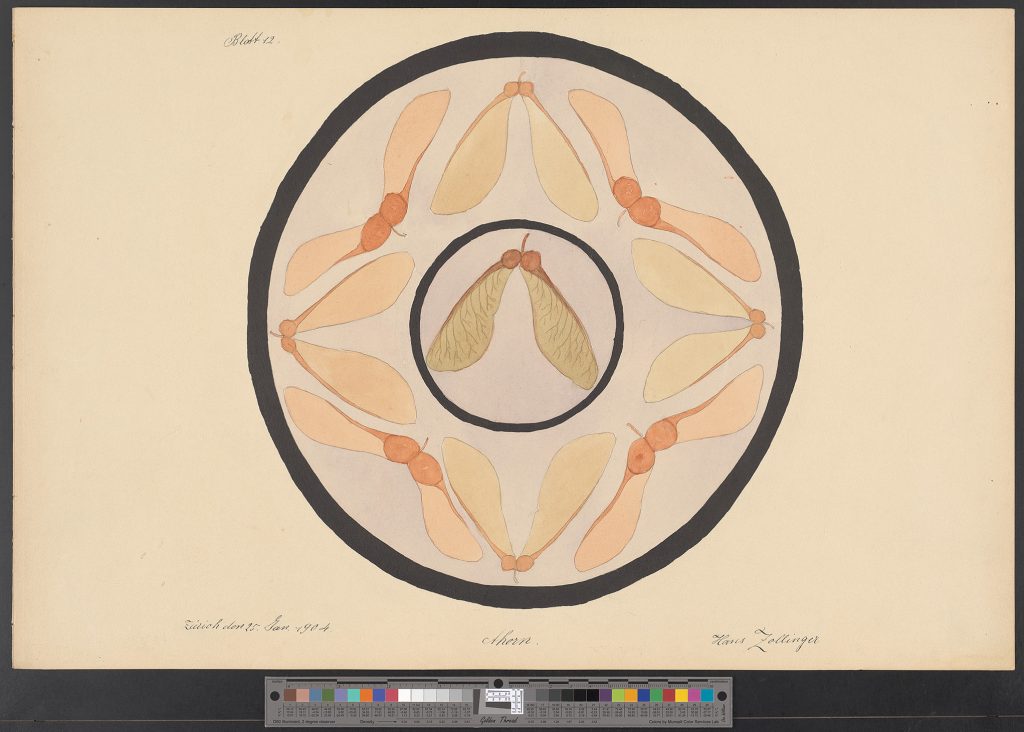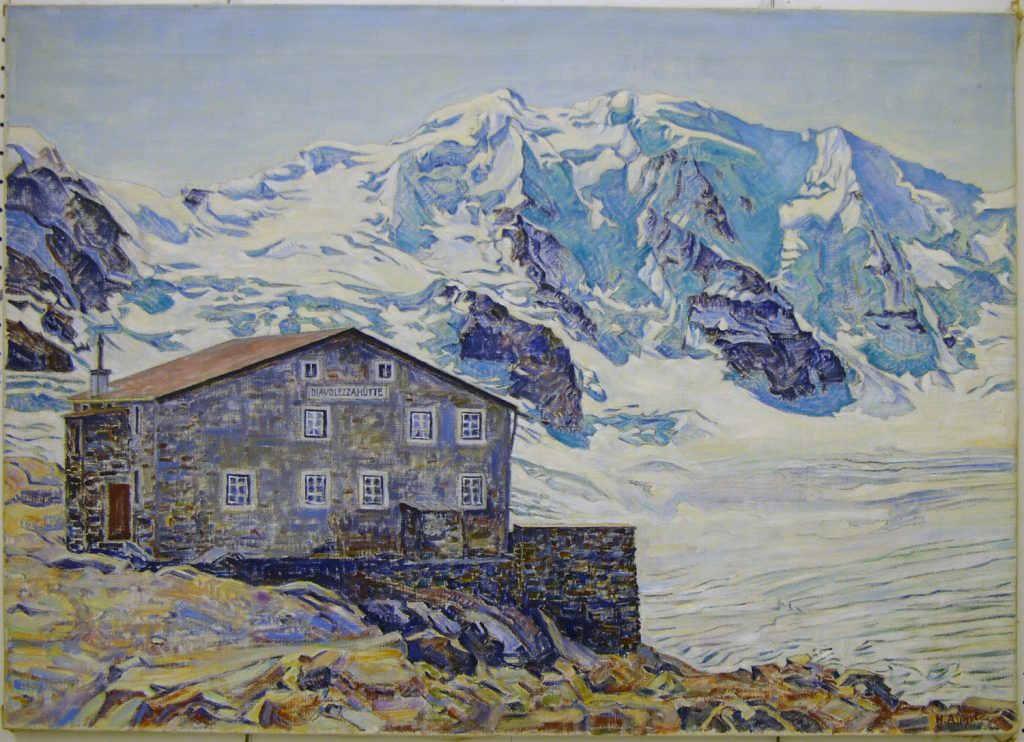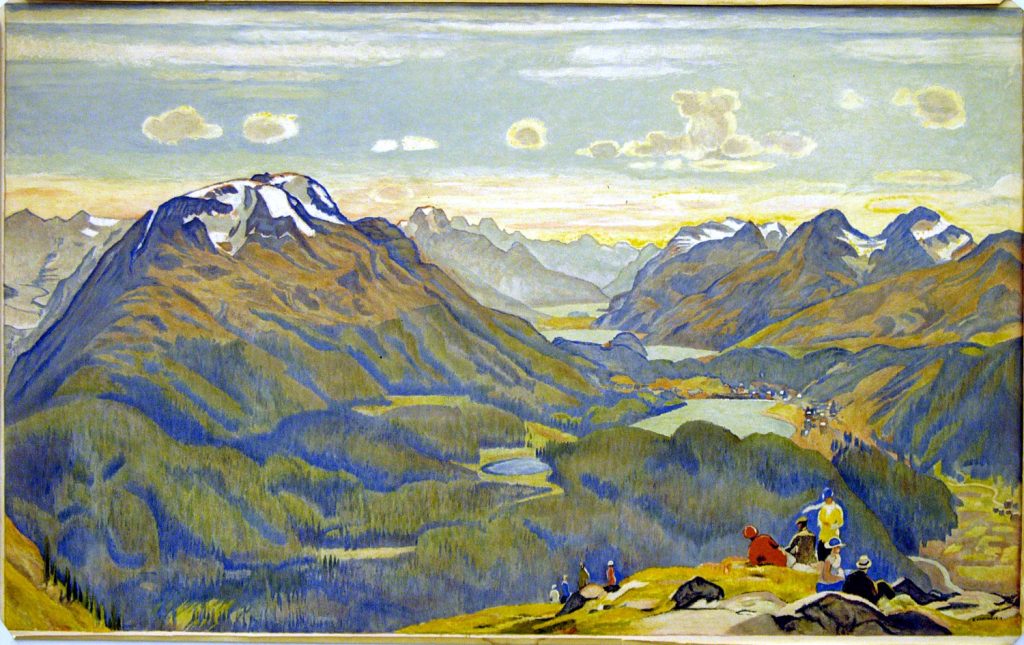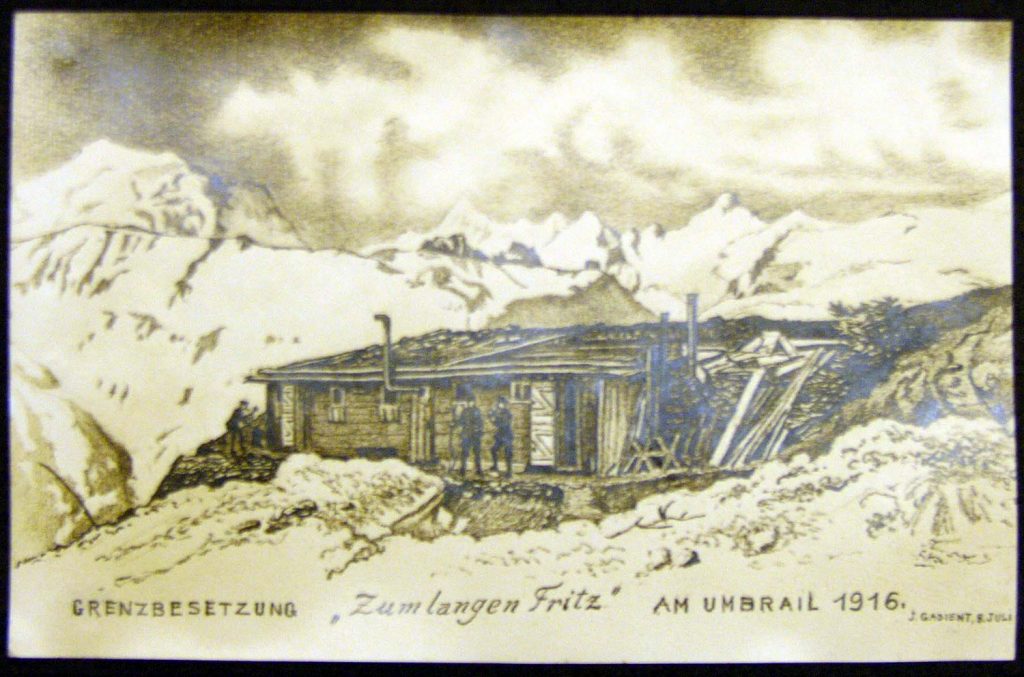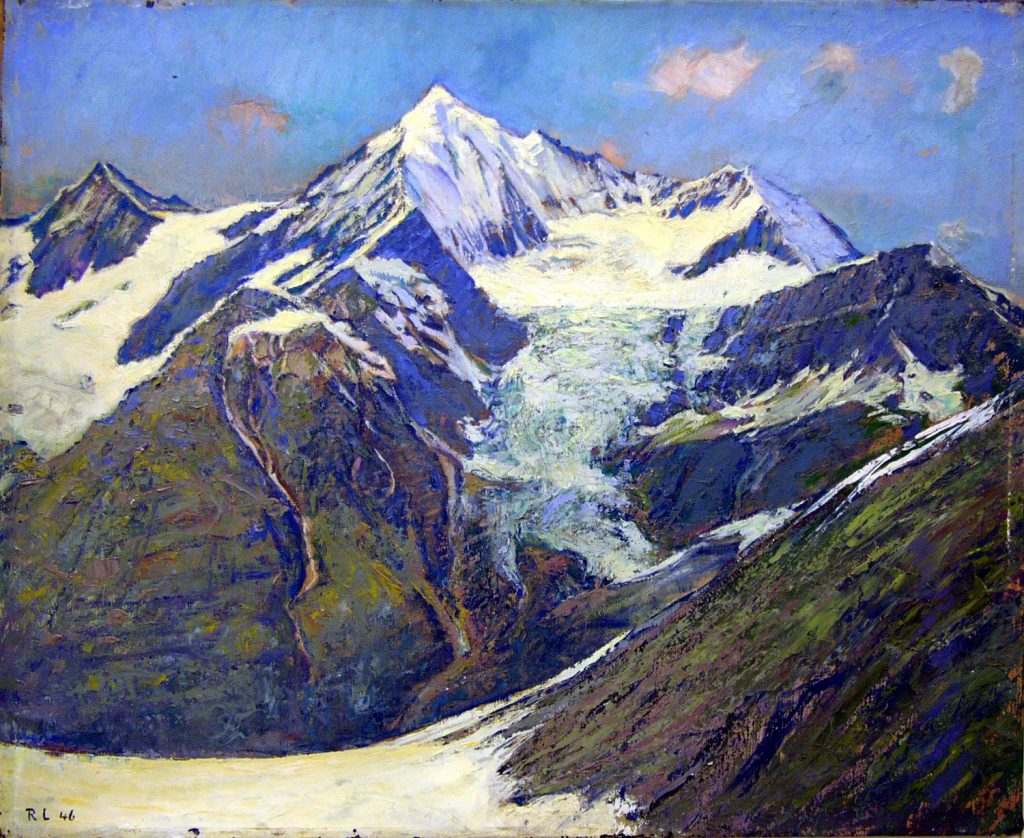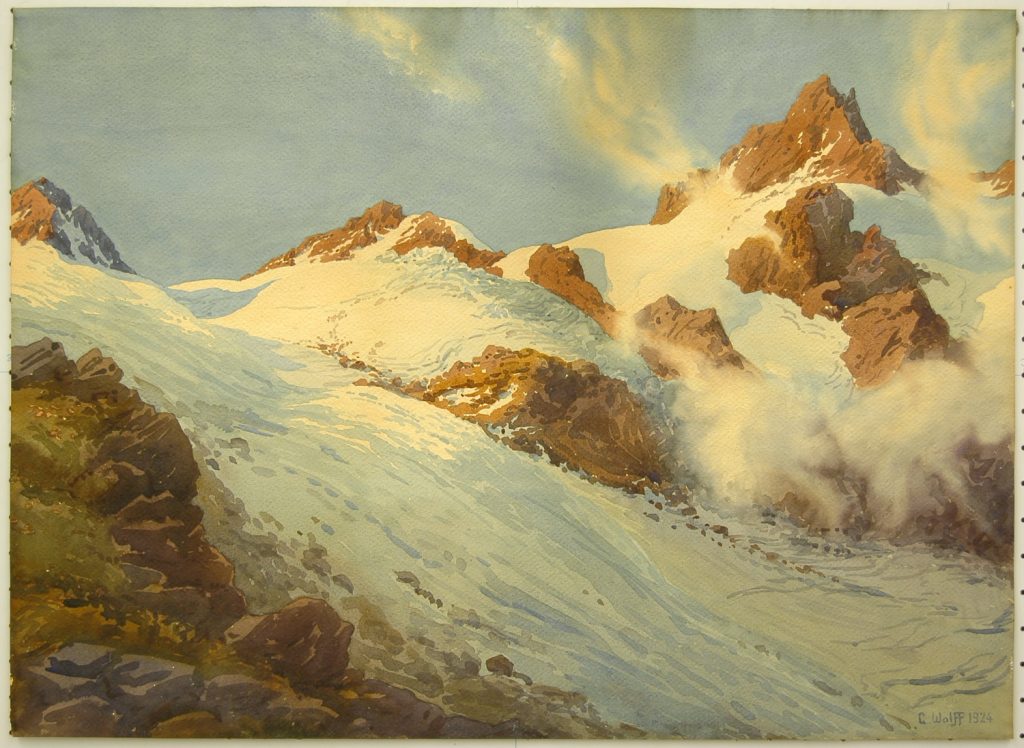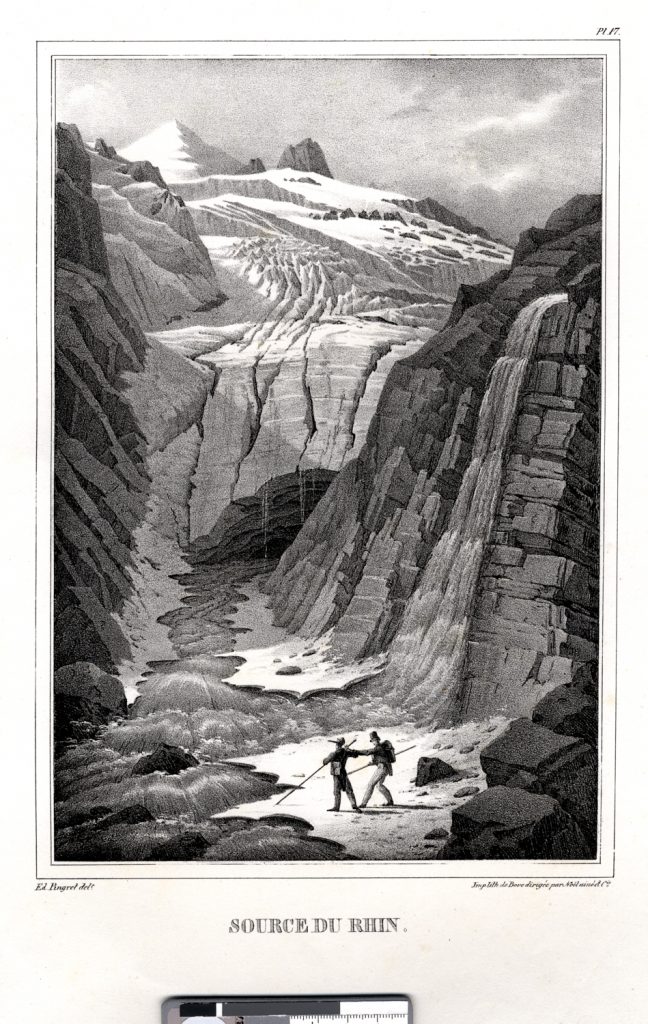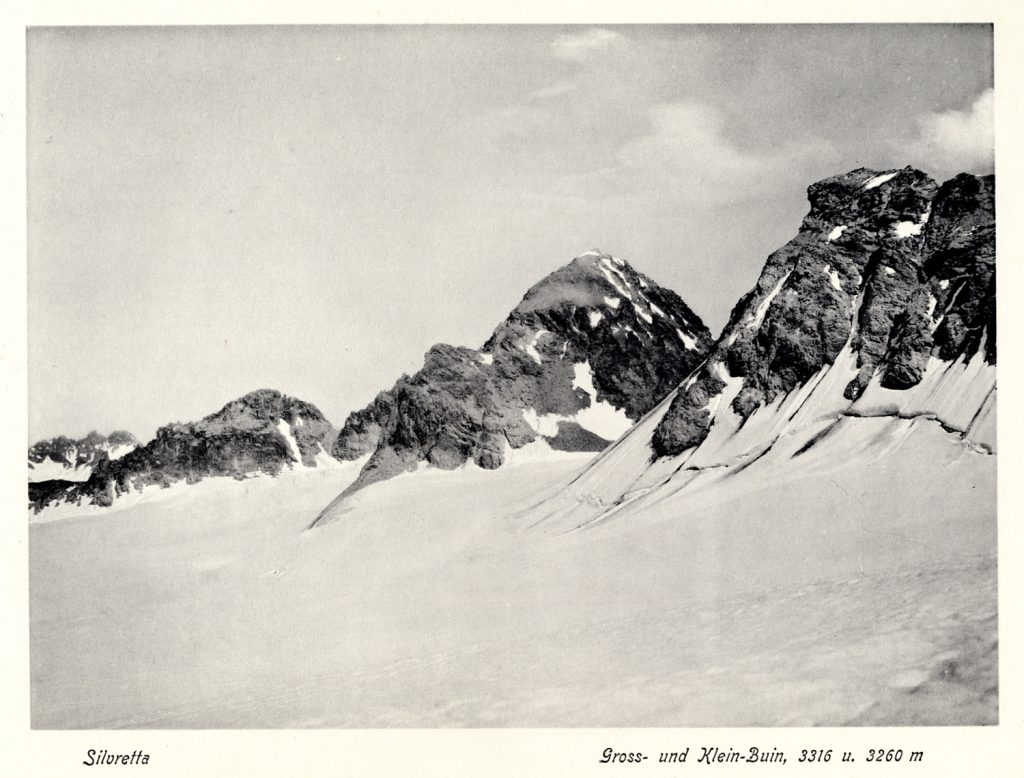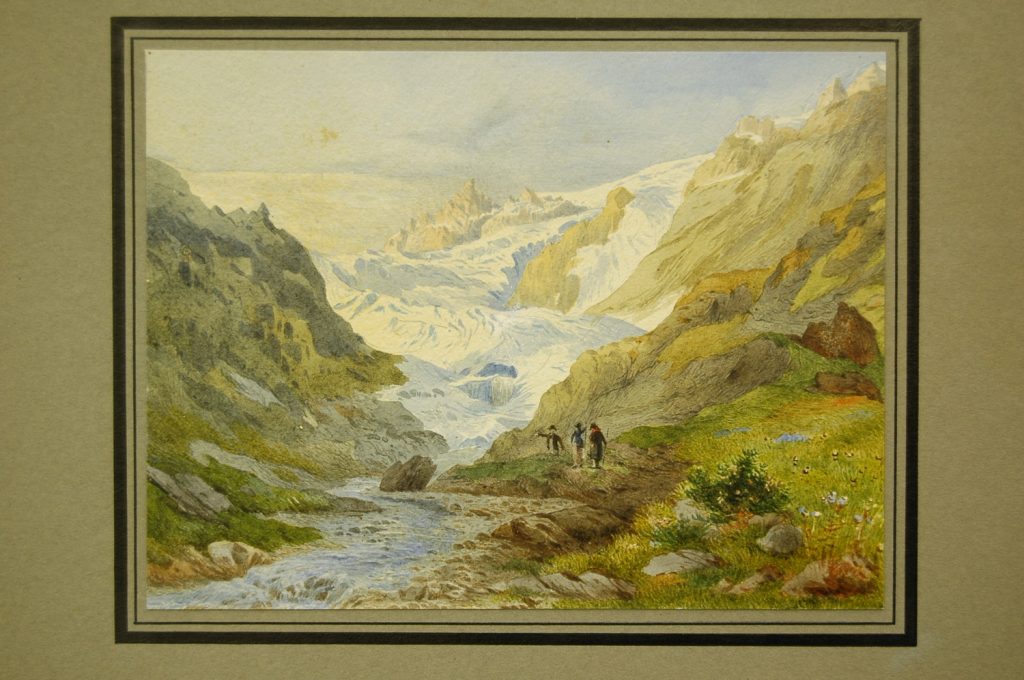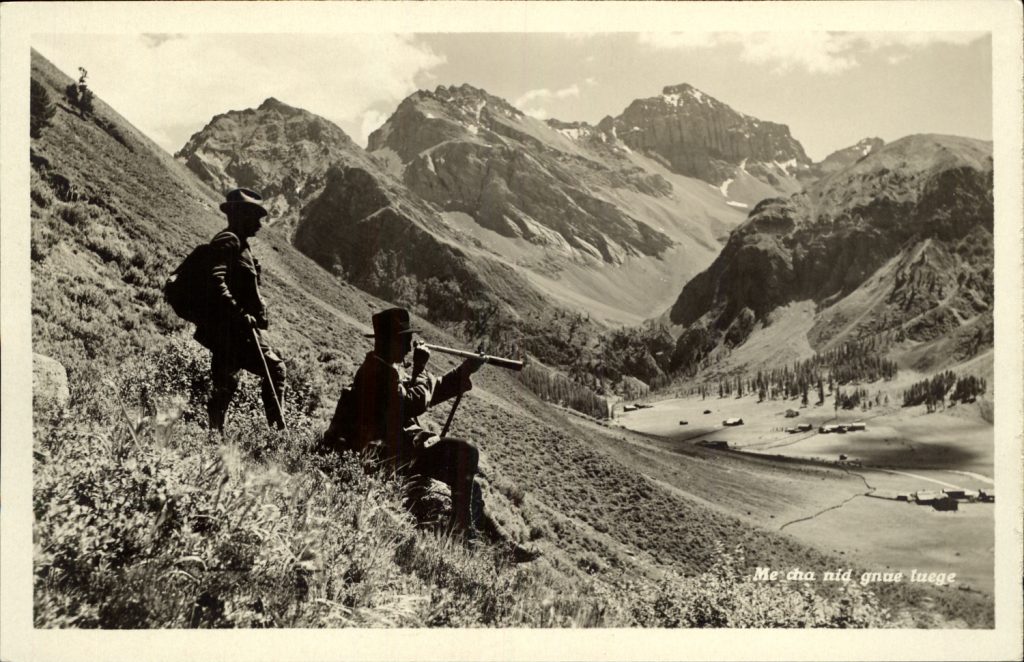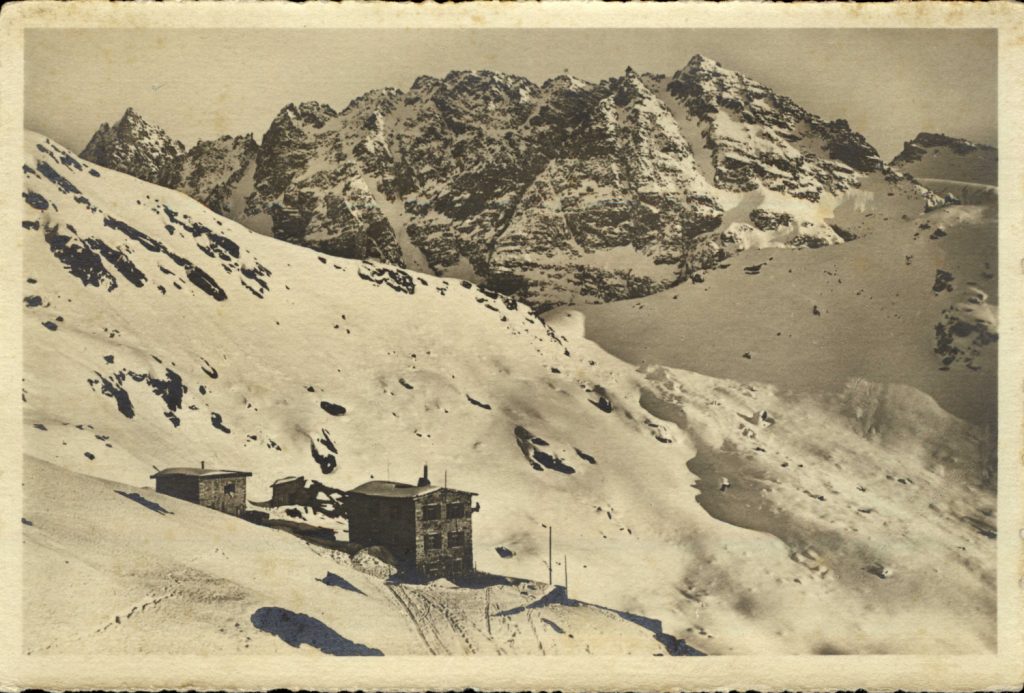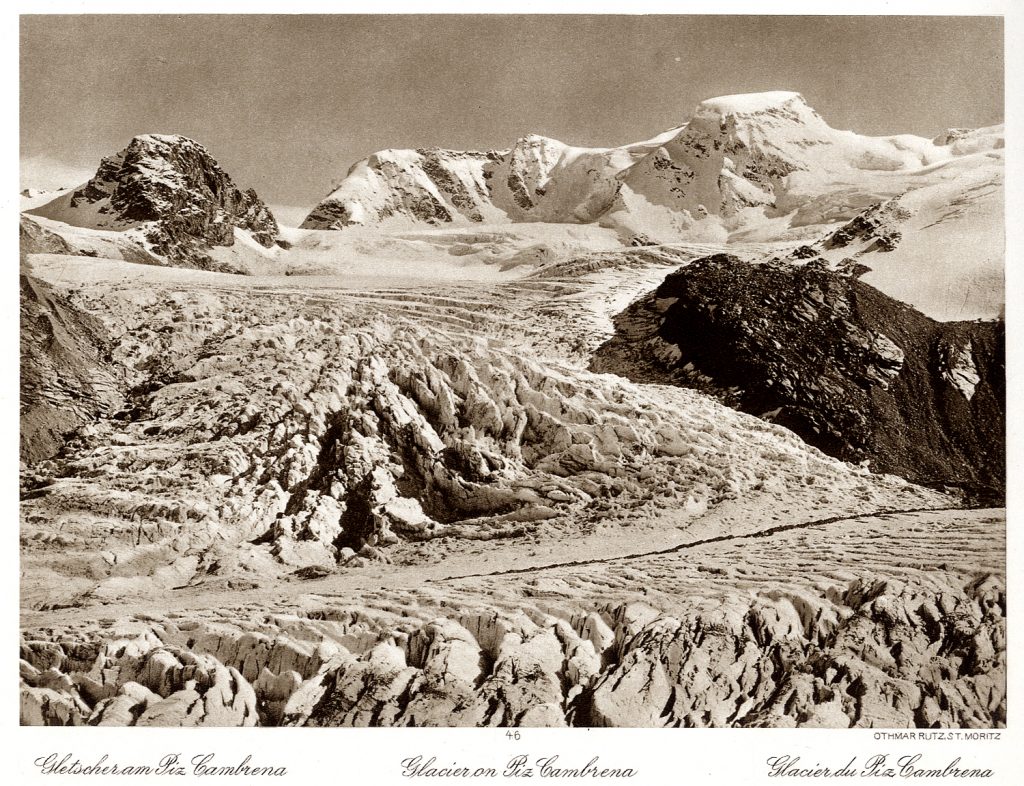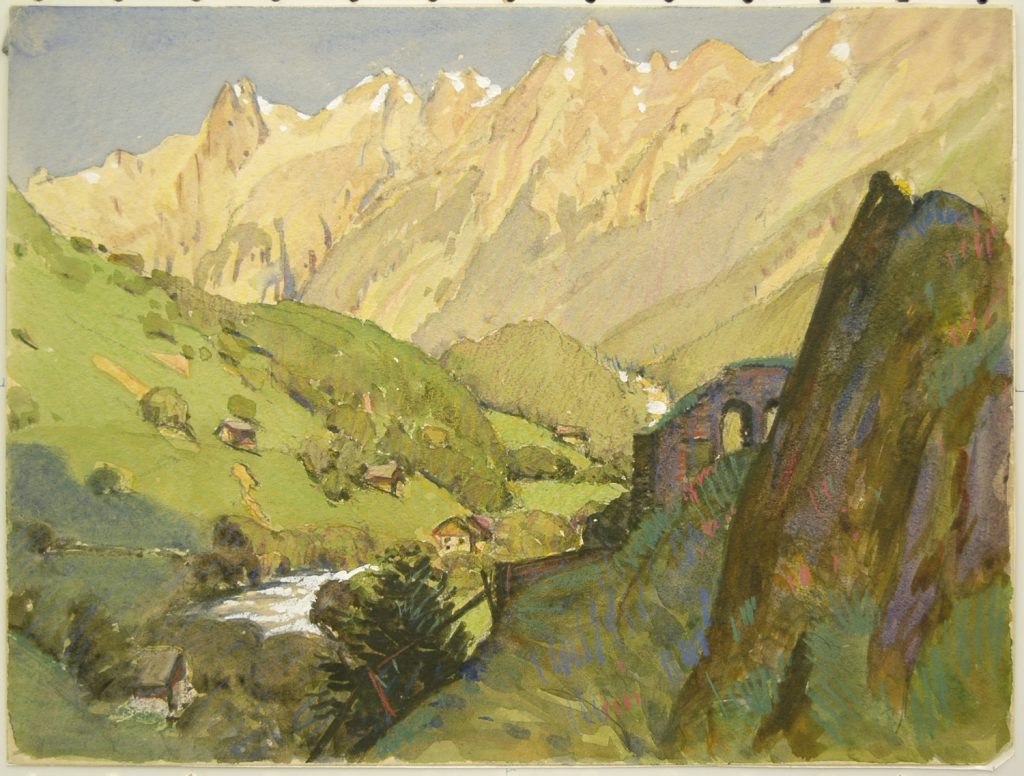Join us for the Open Cultural Data Remix Meetup!
Archives, museums and libraries are producing more and more data: we are talking about images, text, recordings or databases with information about works of art. These data and works should be available to the public and free to use by anyone to create new derivative works, informational visualizations or interactive exploratory apps. To immerse ourselves in the topic, generate initial ideas and projects, we are organizing an „Open Cultural Data Remix Meetup“.

(Copyright: Dock18)
In a relaxed atmosphere we will bring together experts in the topic, research and discuss the available open data, gather ideas for artistic appropriation and start with our first remixes. The ideas and results will continue their development at the Open Cultural Data Hackathon at the National Library on the 27 and 28 of February 2015.
Date/time: 16 January 2015, 19-24h,
Place: Dock18, Rote Fabrik, Seestrasse 395, Zurich
Entrance: free
Hosts: Daniel Boos (Dock18)
Guests: Stefan Oderbolz und Oleg Lavrosky (Opendata.ch)
——– Deutsch ——–
Nimm am Open Cultural Data Remix Meetup teil!
Im Bereich der Archive, Museen und Bibliotheken gibt es immer mehr frei verfügbare Daten und Werke. Es geht um Bilder, Texte, Aufnahmen oder Datenbanken mit Informationen über Kunstwerke. Diese Daten und Werke können von jedem genutzt werden für beispielsweise neue Visualisierungen, neue Werke oder interaktive Apps. Um in das Thema einzutauchen, erste Ideen und Hacks zu generieren organisieren wir ein “Open Cultural Data Remix Meetup”.
In einer lockeren Atmosphäre führen wir mit Experten ins Thema ein und diskutieren über Remix und OpenData, sammeln Ideen zur künstlerischen Aneignung und starten mit ersten Remixes. Die Ideen und Resultate werden genutzt für den Open Cultural Data Hackathon in der Nationalbibliothek am 27 und 28. Februar 2015.
Ort: Dock18, Rote Fabrik, Seestrasse 395, Zürich
Datum/Zeit: 16. Januar 2015, 19:00 – 24:00
Eintritt: frei
Moderation: Daniel Boos (Dock18)
Gäste: Stefan Oderbolz & Oleg Lavrosky (Opendata.ch)
Matthias Nepfer about the Swiss National Library’s experiences in the area of OpenGLAM
In his interview with Dominik Landwehr (Digital Brainstorming), Matthias Nepfer, the Swiss National Libary’s head of innovation and information management talks about the library’s attitude and experiences regarding the release of public domain works on the internet, their cooperation with Wikimedia CH, and their expectations regarding the upcoming cultural data hackathon.

Matthias Nepfer (copyright by Digital Brainstorming)
Some of the highlights of the interview:
- The National Libary responds to demands from the public and makes high resolution files available on Wikimedia Commons: A first set of areal photographs by Eduard Spelterini has already been uploaded, and another set of ca. 2000 pictures from the Gugelmann collection (Swiss 18th century masters) will follow soon.
- For the National Library, cooperating with Wikimedia/Wikipedia is very important, because that’s where the people are! – So far, the cooperation with Wikimedia CH has achieved its goals and has lead to many positive experiences.
- Focusing on releasing public domain works is for the National Libary a good and pragmatic way to escape the tension between copyright advocates on one hand, and promoters of free knowledge on the other hand. Internal guidelines help the library’s staff to navigate between the various stakeholders‘ rights and demands. Loss of control over the content is an issue, but so far more in theory than due to concrete negative experience.
- The National Library is curious to see what the participants of the upcoming cultural data hackathon will do with their data. Apart from free datasets (a couple of them are already available), the library’s staff is also planning to bring some of their own ideas to the event.
> Listen to the Podcast (in German)
Heritage Institutions Invited to Provide Data and Content for First Swiss Open Cultural Data Hackathon!
The OpenGLAM Working Group is calling on heritage institutions to provide data for the first Open Cultural Data Hackathon in Switzerland: All Swiss heritage institutions are invited to contribute data and content for our upcoming hackathon, which is taking place on 27/28 February 2015 on the premises of the Swiss National Library in Bern.
The hackathon is an excellent means for heritage institutions to enter into dialogue with software developers, researchers, and Wikipedians, in order to put their data and digitized collections to wider use.
Datasets from Swiss institutions are listed on the event wiki.
A preparatory meeting for data providers will be held in the afternoon of 23 January 2015 at the ETH Library in Zurich.
Letter to heritage institutions in Switzerland (German/French)
Infosheet for data providers (German/French)
Re:Public Domain, Remix Show

Event: 14 November 2014 – 19:00 – Dock18 (Zürich)
70 Jahre nach dem Tod eines Urhebers werden dessen Werke gemeinfrei.
Öffentliches geistiges Eigentum gehört dann dem Bürger und überhaupt jedem Einzelnen. Dazu gehören neu auch die Werke von Sophie Taeuber-Arp.
Dock18 Institut für Medienkulturen der Welt beschäftigt sich mit der radikalen Aneignung der Vergangenheit durch Neuinterpratation. Zusammen mit Künstlerinnen und zeitgenössischen Autorinnen versuchen wir neue Zugänge zum geistigen öffentlichem Eigentum unserer Welt von gestern zu entdecken.
Das Programm beginnt um 19:00 Uhr mit dem Projekt „Mis Chindli“ und einem Best of Public Domain Filmen von Mario Purkathofer, einem Public Domain Remix von Bruno Schlatter & Marc Lee, einem Statusbericht zu Anfrage nach gemeinfreien Werken von Daniel Boos und einer Aufführung einer Vertonung von Eisentanz.
Ab 21:00 wird im interaktiven Teil ein Prototyp des Re:PublicDomain Spiels gespielt, Public Domain Gifs für den GIF-IT-UP Wettbewerb erstellt und Gedichte für Mis Chindli geschrieben. In der Aktionshalle findet ein Filmscreening von „Die Weber“ statt.
Ab 22:30 ist Public Domain Bar mit Public Domain Musik der 20/30/40er Jahre Remixes. Musik von Mark Evertz, u.a.
Eintritt ist gemeinfrei.
Die Welt vor 70 Jahren gehört dir!
Wikipedians in Residence Speak About Their Work
Wikipedians in Residence are Wikipedia contributors who work in a heritage institution in order to serve as mediators between the Wikipedia community and the institution’s staff. In an interview with Dominik Landwehr from Migros Kulturprozent, Micha L. Rieser talks about his experience as a Wikipedian in Residence at the Swiss Federal Archives in 2013 and at the Swiss National Library in 2014. He speaks about the challenges regarding the selection of images to be uploaded, about copyright issues, about challenges in the area of digitization, about what material is particularly useful for Wikipedia, and why being present on Wikipedia is important for heritage institutions.
> Podcast – digital brainstorming (in German)
In the video “The GLAM-Wiki Revolution”, Liam Wyatt, the inventor of the “residencies” talks about the beginnings of the approach back in 2009, his difficulties in finding a host institution in Australia, and his experience during his 5-week-stay at the British Museum in summer 2010, where he served as the very first “Wikipedian in Residence”. A handful of other Wikipedians in Residence from the United Kingdom give an account of their residencies at institutions as varied as the British Library, the York Museums Trust, the National Library of Scotland, the Natural History Museum and the Science Museum in London, or the Royal Society. They talk about the synergies between heritage institutions and Wikipedia, present various cooperation approaches, such as edit-a-thons, and describe the impact of the residency on their host institutions.
More background information about the residencies can be found in the excellent Program Review published by Wikimedia UK this summer (in order to get a printed copy, write a short message to: beat.estermann@bfh.ch).
First Swiss Open Cultural Data Hackathon – Save the Date!
The first Swiss Open Cultural Data Hackathon will take place on 27 / 28 February 2015 at the Swiss National Library in Bern.
The thematic focus of the hackathon will be twofold:
– How can we use cultural heritage data/content for research purposes in the Digital Humanities and related areas?
– How can we put cultural heritage data/content to use in the context of Wikipedia/Wikimedia?
Participants are of course welcome to re-use the data/content provided for other purposes, such as the development of apps or artistic re-mixes.
We particularly encourage the participation of software developers, researchers and domain experts interested in using cultural data, data providers, designers, and idea providers.
More information will follow. If you have any questions or comments, don’t hesitate to contact us:
Frédéric Noyer, frederic.noyer@ne.ch (Project Coordinator)
Beat Estermann, beat.estermann@bfh.ch (Coordinator of the OpenGLAM CH Working Group)
Taking stock of OpenGLAM in Switzerland
2013 was the year in which the Open Knowledge Foundation adopted the OpenGLAM principles, the Swiss association Opendata.ch officially launched its own OpenGLAM Working Group and welcomed new members. These two milestones show that the movement in favor of opening up our cultural heritage is gaining momentum. We are seeing more institutions engaging global audiences, making their collections more discoverable and connected than ever: allowing visitors and users not only to enjoy the riches of the world’s heritage institutions, but also to contribute, participate and share culture online.
Although still the beginning of a relatively recent development, there are already many instances where institutions have chosen to live up to the OpenGLAM principles – at least for parts of their collections. Multiple volunteer-driven communities and non-governmental organizations are stimulating and facilitating the process of opening-up and re-using our cultural heritage. In an attempt to take stock of OpenGLAM in Switzerland and to provide an idea of the dynamics of the movement, let us have a look at what has been achieved over the past year.
Image uploads and content donations to Wikimedia Commons
In 2013, several institutions have cooperated with Wikimedia CH in order to upload images to Wikimedia Commons. By doing this they expose material to the Wikipedia community, which then include them into Wikipedia articles for illustration purposes, or use them to write about topics not yet covered by Wikipedia. Such image uploads are also a good opportunity for the institutions themselves to receive feedback about errors in their metadata.

General view of Zurich around 1884 by Heinrich Siegfried. Picture provided by Zentralbibliothek Zurich (Wikimedia Commons, Public Domain)
In February and March, the Zentralbibliothek Zürich (Central Library of Zurich) successively uploaded ca. 100 public domain images from their extensive collections, representative of several thematic areas: single-leaf broadsheets, landscapes, portraits, and cultural-historical material. In November, Zentralbibliothek Solothurn followed suit with the upload of ca. 1150 public domain images, mostly covering topics related to the greater Solothurn area. And in December, the Swiss Federal Archives uploaded over 5000 images from their World War I collection which they released under a CC-by-sa license. Images from these three uploads have been used in about 250 Wikipedia articles in more than 40 language versions, receiving around 4.5 Mio. page views yearly, and in open source projects like SwissGuesser.
Digitization projects resulting in free content
Several projects took to scanning particularly valuable or endangered items or documents as a starting point. The resulting media files are then also uploaded to online platforms like Wikimedia Commons where they can be accessed by a wider public and reused. Digitization projects running in 2013 included the Public Domain project dedicated to the digitization of old gramophone records, as well as a joint project of Wikimedia CH, the International Association for Alpine History (IAAH), and the Laboratorio di Storia delle Alpi (LabiSAlp), focusing on the history of the Alps.
A photo contest to collect freely licensed content
For the third time in a row, Wikimedia CH organized the Swiss edition of the “Wiki Loves Monuments” photo contest, an international event dedicated to cultural heritage. All pictures in the contest must depict a historical monument figuring on one of the official lists, are to be released under a free copyright license and uploaded to Wikimedia Commons. Images collected through the contest are used by the Wikipedia community to illustrate Wikipedia articles. In connection with this year’s contest, an exhibition was produced in cooperation with the Swiss National Library, featuring pictures both from various editions of the Swiss “Wiki Loves Monuments” photo contest and from the Federal Archives of Historical Monuments.
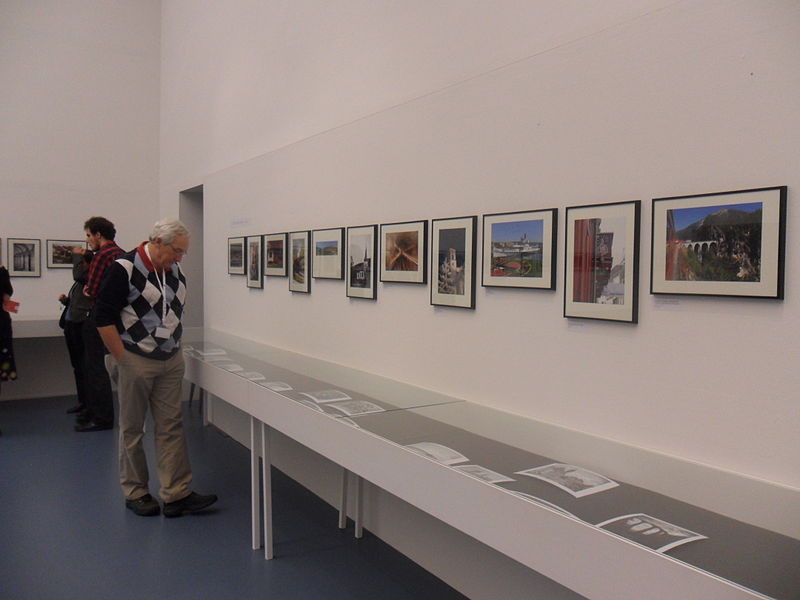
Photo exhibition: “Monuments through time“. (Photo by Moumou82, Wikimedia Commons, CC-by-sa)
This year’s Swiss edition of the contest resulted in the upload of almost 4000 photos. One of them was selected by the international jury as the best picture of this year’s Wiki Loves Monuments photo contest, and attracted the attention of the media both nationally and internationally.
Data releases and error reports
Both the Protection of Cultural Property Section of the Federal Office for Civil Protection and the Canton of Zürich have made data sets available with official monuments lists. These lists were used as a basis for the Wiki Loves Monuments photo contest. In the case of the Federal Office for Civil Protection, the Wikipedia community has provided an error report to the public authorities that will be taken into account in the next update round.
With the launch of the open data portal of the Swiss Confederation in September 2013, the Swiss National Library released several data sets under a free copyright license.
Guided Tours for Wikipedians
In order to get in touch with new subject matters or to get a chance to take photos of otherwise inaccessible items, Wikipedians like to visit small museums and other interesting institutions. These visits usually result in the improvement of related articles.
Up to ten Wikipedians regularly attend the Wikipedia meetup in Zurich. Sometimes a museum visit in the afternoon preludes the usual dinners and talking all evening long. The three museums visited in 2013 are the Kościuszko museum in Solothurn, the Heimatmuseum in Gersau, and the museum of the Theater Stok in Zurich.
Two further visits were organized to the Swiss Federal Archives (in connection with the activity of the Wikipedian in Residence – see below), and to the Federal Archives of Historical Monuments (in connection with this year’s Wiki Loves Monuments closing event at the National Library).
Re:Public Domain – a cultural project fostering the re-use of public domain content
In order to celebrate the public domain and to inspire old works with a new live, Dock18, the Zurich based Institute for media cultures of the world, encouraged various artists to create new works of art based on works that recently entered into the public domain. These new creations of various formats (texts, music, theatre performances, installations etc.) were presented to the public during a series of events in Zürich, Geneva, Aarau, and Bern in the second half of 2013.
Re:public Domain Night in Zurich, 27 September 2013
QRpedia Pilot
Another way of bringing free content to new publics are QRcodes pointing to Wikipedia articles. In spring 2013, a group of students of the Bern University of Applied Sciences carried out a QRpedia pilot at the Bern Natural History Museum’s “Africa” section in order to learn more about the usability of QRpedia codes (full report in German).
First Wikipedian in Residence in Switzerland
So-called “Wikipedians in Residence” are a proven and tested approach to establishing and strengthening partnerships between heritage institutions and the Wikipedia/Wikimedia community by fostering mutual understanding and facilitating collaboration between Wikipedians and GLAM staff.
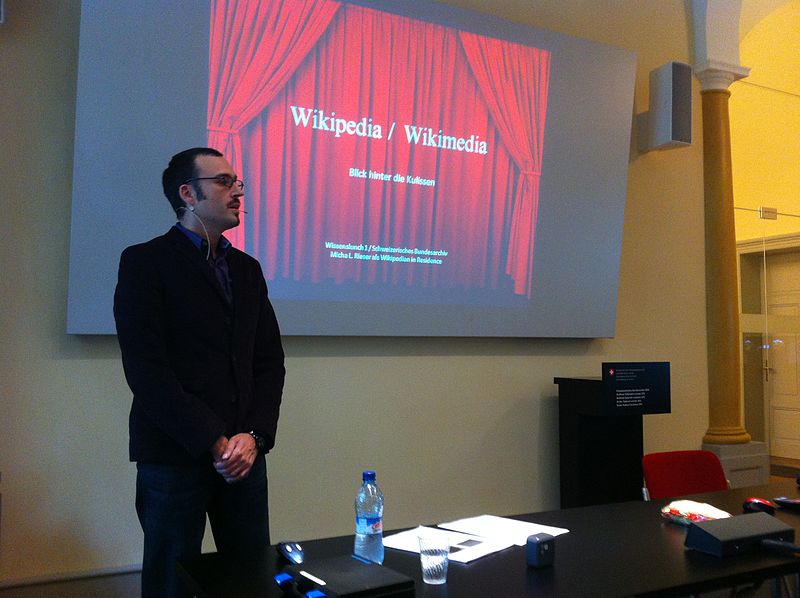
Micha L. Rieser – the first Wikipedian in Residence in Switzerland. (Photo by Marco Majoleth, Wikipedia.de, CC-by-sa)
In summer 2013, the Swiss Federal Archives and Wikimedia CH joined forces to hire the first Wikipedian in Residence in Switzerland. The initial goal was to make more than 5’000 digitized photographs from a collection on the First World War searchable and freely accessible via Wikimedia (see above). The Wikipedian in Residence also taught Federal Archives staff how Wikipedia functions behind the scenes, and how best to support the Wikipedia community in their endeavor of assembling and maintaining the world’s largest knowledge base. Conversely, Wikipedians were invited to visit the archives’ premises.
Introductory courses for GLAM personnel
Further Wikipedia/Wikimedia introductory courses for GLAM personnel were offered by Diego Hättenschwiler in spring 2013: One at the Library of the Theological Faculty of the University of Basel; the other one at Bern University of Applied Sciences. The second one was intended for people active in the library and documentation field. Out of the 12 participants, none of whom have edited Wikipedia before, four created or improved articles that are in direct relation with their institution, and one has since become an active editor who has edited many different articles. Furthermore, the workshop turned out to be a good occasion to get in touch with representatives of other institutions.
In the fall of 2013, the Geneva School of Business Administration offered a continuous education day on the topic of linked open data in the library world.
Communities of Practice
In addition to classical training offers, there have been various initiatives aiming to inspire and to build up communities of practice around topics related to OpenGLAM. Thus, the BJ Institute, supported by Wikimedia CH, initiated the creation of a digitization experts working group; the Swiss Federal Archives invited to a Digital Humanities Workshop in order to discuss the ways digital humanists will interact with archival material in the future; the Migros Genossenschaftsbund organized a colloquium around the theme “Big Data and their impact on culture”, the National Library, in cooperation with infoclio, carried out an open data workshop to discuss how the newly released data files could be put to use by researchers; and the HTW Chur hosted an unconference around the topics of open data, open access, and open educational resources.
With a more international scope, the Opendata.ch association co-organized the 2013 edition of the Open Knowledge Conference in Geneva, featuring both an OpenGLAM workshop and a GLAM conference track. The occasion was used to exchange experiences among OpenGLAM advocates from different countries and to prepare the launch of an OpenGLAM Working Group and OpenGLAM network in Switzerland in 2014.

Jill Cousins (director of Europeana) talking at OKCon 2013 in Geneva.
Furthermore, it should be mentioned that the Swiss Creative Commons team has contributed towards the publication of the new Creative Commons licenses in November 2013, which will particularly facilitate the free licensing of datasets in the European Union and throughout other countries that recognize sui generis data base rights.
To coincide with the release of Creative Commons 4.0, the Swiss CC working group had a workshop to redesign the website, to relaunch soon.
Research
In the area of research, concretely focusing on OpenGLAM-related issues among heritage institutions in Switzerland, the following contributions should be mentioned:
The Bern University of Applies Sciences carried out a pilot survey among heritage institutions in Switzerland in order to find out where they stand with regard to open data and crowdsourcing and how they perceive these rather new trends.
- Estermann, Beat (2013): Swiss Heritage Institutions in the Internet Era. Results of a pilot survey on open data and crowdsourcing, Bern University of Applied Sciences, E-Government Institute. (English / German / French summary published in arbido 4 2013)
Two researchers of the Geneva School of Business Administration analyzed job offers in Switzerland, Germany, and Austria in order to identify key competencies for information professionals working in the area of linked open data. In addition, they surveyed big libraries and library networks in Switzerland in order to find out which institutions already had linked open data related projects running.
- Hügi, Jasmin / Prongué, Nicolas (2013): Linked Open Data: quelles nouvelles competences pour les professionnels de l’information? arbido 4 2013, pp. 7-9.
- Hügi, Jasmin / Prongué, Nicolas (2013) : Les applications basées sur les LOD en bibliothèque : un tour d’horizon. arbido 4 2013, pp. 15-16.

